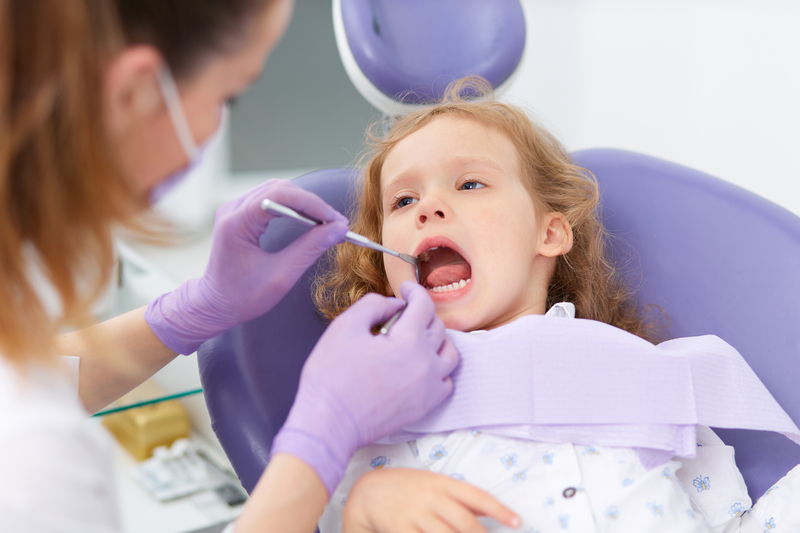Excellent oral hygiene is a critical component of having strong teeth and gums. Otherwise, gum disease may occur – leading to painful symptoms like receding gums, bleeding gums, halitosis, or even tooth loss if not treated in time. Fortunately though, you can take preventive measures to safeguard your mouth health and reduce the chance of developing periodontal sicknesses. Here we will underline how wise food choices along with daily brushing and flossing are essential aspects for avoiding gum diseases!
Choose the Foods You Eat Carefully
Eating the right foods is an essential part of good oral hygiene and promoting healthy gums. Foods that are rich in calcium, such as dairy products and dark leafy greens, can help strengthen your bones, teeth, and gums. Vitamin C-rich foods, such as citrus fruits and bell peppers, also promote healthy gum tissue. On the other hand, sugary, starchy foods and carbohydrates can feed the harmful bacteria that cause gum disease. So, be mindful of what you eat and opt for healthy alternatives if possible to reduce your risk for periodontal illnesses.
Brush Daily
Brushing your daily is an essential part of maintaining good oral health and reducing the chance of developing gum disease. Fluoride toothpaste is highly effective in preventing cavities from forming, as fluoride helps to remove plaque, bacteria, and debris that can reside on the surface of your teeth. Furthermore, fluoride also helps to reform the enamel of your teeth, making them stronger and less susceptible to decay. So don’t forget to brush twice a day!
Don’t Forget to Floss
While you’re at it, it is also important to remember to floss. Flossing helps remove the plaque and food particles that can get stuck in between your teeth, which otherwise would lead to bacteria buildup and consequently gum disease. Flossing also helps to stimulate your gums and strengthen them, providing additional protection against periodontal illness. Now, flossing is the easiest hygiene habit to skip out on. But those bleeding gums and sore mouth you get when you floss are a sign that you need to be doing it more! Make sure to pair flossing with brushing and do it twice a day. Your gums will be strengthened against bleeding and gum disease by doing so consistently.
Practicing good oral hygiene isn’t just about having a winning smile—it’s also about keeping your gums healthy. By following the tips laid out in this blog post, you can develop and maintain habits that will lead to strong, healthy gums. Do you have any other tips for taking care of your gums? Share them with us in the comments below!
Check out these common symptoms that come with a sinus infection!



